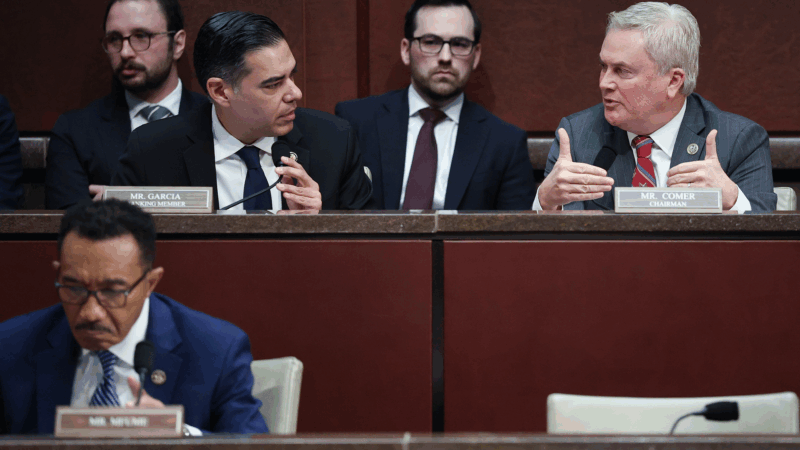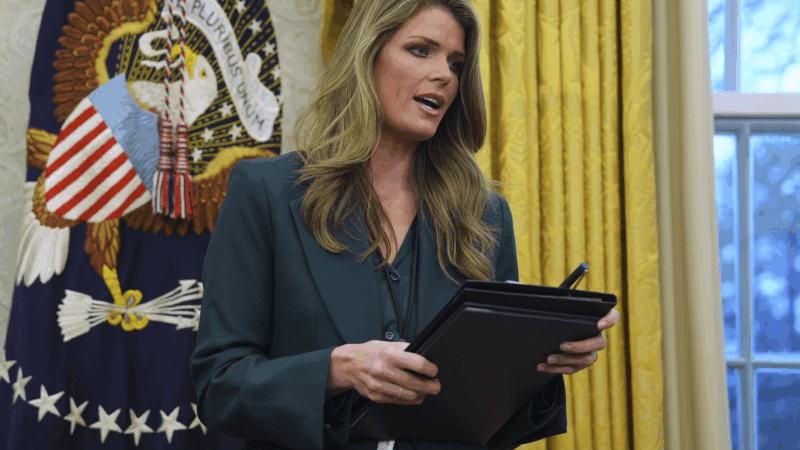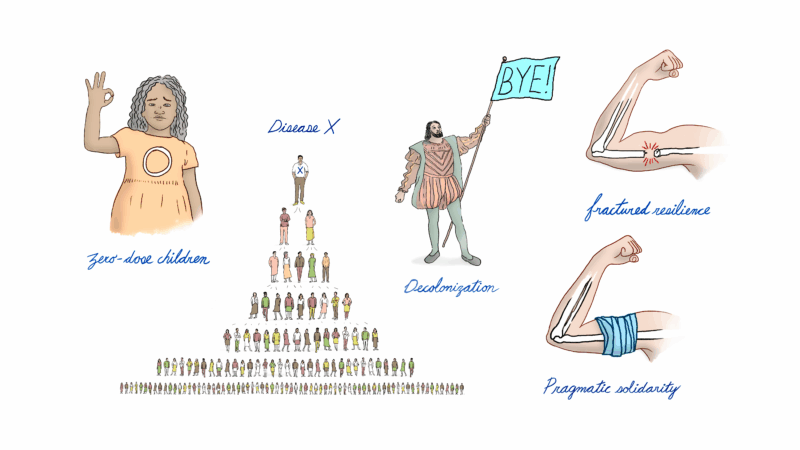In a policy shift, U.S. and Hamas say they’re in direct talks on hostages
LONDON and TEL AVIV — A Hamas official tells NPR that the United States held direct talks with the Palestinian militant group over the release of several American-Israeli dual citizens taken hostage during the Oct. 7, 2023 attacks in Israel.
The talks, which began as early as January and have continued since, are the first known time the U.S. has engaged directly with Hamas since it designated it a terrorist organization in 1997. It has been a long-standing U.S. policy to not negotiate with groups it designates as terrorists.
The Hamas official did not specify if the January talks took place with officials from the Biden administration or President Trump’s incoming administration. Members from both teams were present at ceasefire talks in January before Trump took office. Axios reported that members of Trump’s administration had engaged in talks with Hamas recently.
“This saves time and effort and minimizes obstacles. Talks are not going very easily, but this is positive,” the Hamas official told NPR. The official was not authorized to speak to the media and spoke on condition of anonymity. This same official said the U.S. had asked Hamas to keep silent about the talks.
Speaking to reporters Wednesday, White House press secretary Karoline Leavitt confirmed that U.S. special envoy for hostage affairs Adam Boehler had held talks with Hamas, saying that Boehler “does have the authority to talk to anyone” and that Israel had been consulted on the talks. She said the talks were ongoing and declined to speak about them in detail, referring further questions to the State Department.
Hamas had initially said it was not willing to discuss hostages with U.S. citizenship as a separate matter, but the Hamas official told NPR that now “nothing is off the table.” The official said that the U.S. and Hamas are also talking about other issues, but did not specify what those were.
There are 59 hostages still being held in Gaza. Of those, five have U.S. citizenship and it’s believed only one is still alive.
The first phase of a tenuous six-week-old ceasefire deal ended last week but fighting has not resumed.
Israel has stopped the entry of all goods and supplies into Gaza, citing what it described as Hamas’ refusal to accept a U.S. proposal to extend the first phase of the ceasefire, and threatened “further consequences.” In a statement, Hamas accused Israel of trying to evade the framework of the original ceasefire agreement that both sides agreed to in January.
Autopsy finds Cuban immigrant in ICE custody died of homicide due to asphyxia
A Cuban migrant held in solitary confinement at an immigration detention facility in Texas died after guards held him down, according to an autopsy report released Wednesday that ruled the death a homicide.
Confused by all the notices issued for intense winter weather? Here’s your guide
The National Weather Service issues a litany of notices before and during inclement weather events. They can be important signals on how to respond.
A massive winter storm will hit large parts of the U.S. through the weekend
A large storm system is expected to hit this weekend, with snow and ice from Texas to the Carolinas and up the Eastern seaboard. The winter system could bring more than a foot of snow.
House Oversight panel votes to hold Bill and Hillary Clinton in contempt of Congress
Republicans on the committee have been seeking to question the Clintons as part of a probe into the government's handling of the Jeffrey Epstein case. The vote sends the matter to the full House.
Lindsey Halligan, Trump’s former personal attorney, exits Virginia prosecutor’s office
The move comes after a federal judge wrote in court document that the "charade of Ms. Halligan masquerading as the United States Attorney … must come to an end."
Global buzzwords that will be buzzing in your ear in 2026
Will it be a year of "fractured resilience"? Or "pragmatic empathy"? Will "MOUs" be the next global health strategy? Are we in a new age of "decolonization" — or of "localization"?








